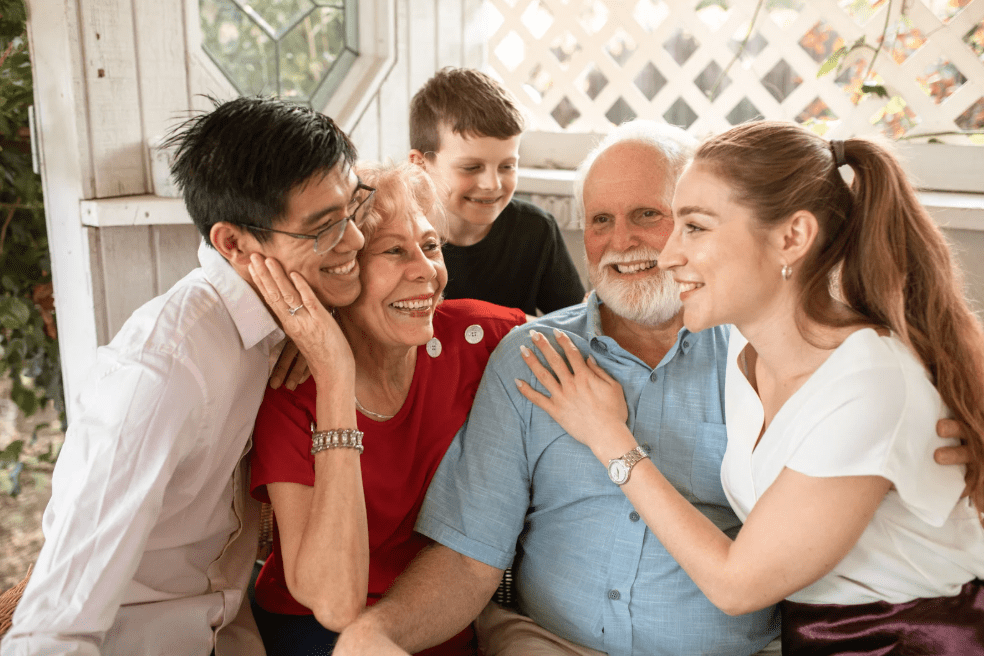Table Of Contents
John Shepherd, Jr., is a 66 year old Vietnam combat veteran who earned a Bronze Star with V. According to papers filed in his lawsuit,
[d]uring one mission, Mr. Shepherd fled by helicopter into a landing zone under enemy fire. Upon landing, Mr. Shepherd rushed to the area from where the enemy fire was coming, carrying grenades and an M-16. In the face of intense enemy fire, he entered the bunker and threw a grenade.
His actions in this engagement were recognized as heroic.
Mr. Shepherd started suffering from symptoms from PTSD, the severity of which grew until he refused an order to return to the field for combat operations. A special court-martial convicted Mr. Shepherd, and he was discharged with an Other Than Honorable characterization of service. This resulted in denial of important veterans benefits.
Shepherd v McHugh
Mr. Shepherd’s lawsuit, filed in the United States District Court for the District of Connecticut, argued that the Army Board of Correction for Military Records violated a rule prohibiting “arbitrary and capricious” decisions when it failed to consider the impact PTSD had on his behavior. Before the Court could rule on the issue, the matter was settled with Mr. Shepherd receiving an Honorable characterization of service.
Copies of the pleadings for Shepherd v McHugh are available at Yale’s Veterans Legal Services Clinic website. The clinic’s advocates represented Mr. Shepherd during his suit.
VA and Military Rules Need Work to Consider PTSD and Other Mental Conditions
Had the Court entered a decision favorable to Mr. Shepherd, then the precedent would have reverberated throughout the military community. Routinely, services discharge service members for misbehavior that is later (or even at the time) linked to PTSD. Our firm represents clients presenting just that fact pattern currently.
Eventually, the administrative and criminal procedures used to maintain good order and discipline will reflect advances made in understanding the psychological impairment that combat causes. The Department of Defense has made good faith and effective efforts at reforming the way military culture portrays psychological disabilities related to combat, but VA eligibility rules, military rules for involuntary separation, and rule for court-martial still need work.
Veterans Benefits for PTSD and Mental Health Conditions
If you have been unable to get veterans disability compensation for PTSD or other mental health conditions — or you believe such conditions affected your denial — our veterans disability advocates may be able to help. Because we stay up to date on VA and court decisions, we pursue every legal avenue available so veterans don’t miss out on benefits they deserve. Please contact our team today or complete our free online veterans disability case evaluation form.

Veterans Help Group Serving Our Community
Veterans Help Group Serving Our Community By Bobbi Boudi, Director of Community Outreach & Amy...

How Much Back Pay Will You Receive?
What is VA Disability Back Pay? VA disability back pay is payment for benefits the veteran was...

Your Guide to VA Ratings: Sleep Apnea
Your Guide to VA Ratings: Sleep Apnea Sleep apnea can be a serious condition that may impact...





